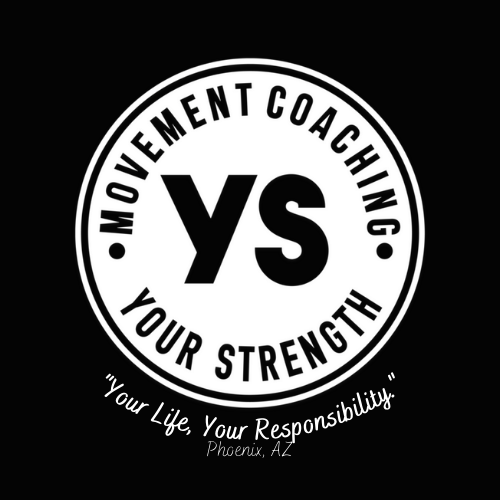Healthy Habits to Help Guide You Through Addiction Recovery
Guest Post by Jason Lewis
Jason Lewis is a personal trainer, who specializes in helping senior citizens stay fit and healthy. He is also the primary caretaker of his mom after her surgery. He created StrongWell.org and enjoys curating fitness programs that cater to the needs of people over 65.
One of the best ways to facilitate a successful addiction recovery is to practice good nutritional, physical, and mental habits. It’s also important that you find the right coping methods, set goals, manage your emotions, and continuously find new ways to care for yourself. Here are some things to consider when rebuilding a foundation of health during recovery, presented to you courtesy of Your Strength Gym.
Be conscious of your diet
While there isn’t a particular diet that is best for recovery, lean proteins and high fiber foods such as fresh fruits, vegetables, rice, and whole-grains are commonly recommended. Because our bodies convert alcohol into sugar, it’s normal to start craving sugary foods once you’ve quit drinking. However, one should try to stay away from sugar as much as possible. US News says, “Keeping blood sugar levels stable is crucial for alcoholics and addicts in early recovery, because dramatic fluctuations could make people feel anxious or depressed and more likely to relapse.” Caffeine can have similar effects in that you experience an initial high and then an immediate low, so be sure to avoid consuming it in excess as well.
If you’re having trouble figuring out a diet that works for you, there are professionals who can lend a helping hand. For example, you can find wellness freelancers who can help you develop a healthy eating plan for you. Just make sure you check reviews before selecting a freelancer to ensure you’re getting one who can truly help you.
Exercise
Using exercise to overcome your addiction is a great coping method in that you are chasing the right kind of high while gaining a sense of accomplishment. According to the Chicago Tribune, the brain experiences a positive chemical reaction when we exercise that can be a helpful “alternative reward” for those in recovery. Exercise can even help reduce cravings to dangerous substances. Simply put, when you feel good from your head to your toes, you’re less likely to return to your old ways.
Physical activities like swimming and running that specifically involve a good amount of cardio are highly beneficial. The New York Times notes that aerobic exercise specifically can reduce symptoms of mild to moderate depression, so exercising can result not only in a physical outlet, but a mental one as well.
Though yoga is a low-impact workout, it is another form of exercise you should consider when in recovery and looking to maintain a healthy long-term balance. Yoga not only moves the body, it helps improve your mental well-being by bringing you a sense of inner peace. This is especially true when coupled with meditation. Meditating results in a state of mindfulness that occurs when you make time for your inner self. Doing so will help you be able to understand your emotions and triggers.
If you’re in need of a workout companion, consider incorporating your dog into your routines. Go on a hike together, take a jog around the neighborhood, or try dog yoga. While “doga” classes are regularly offered, even trying it at home can be a fun way to stimulate the mind, body, and spirit while bonding with your furry friend.
If you want a digital workout companion, consider getting a smartwatch or a fitness tracker. These devices can track things like calories burned and steps taken, as well as a host of other data. You can even accessorize these devices — and secure them! — by purchasing a watch band that suits your style. These gadgets could be the motivation you need to keep pushing forward with your fitness.
Get into a new routine
Establishing a routine that will replace your previous toxic one is crucial when entering recovery. Make sure you eat at regular times and get plenty of sleep. Creating a structure in your life will help to avoid a relapse as well as reduce any stress and anxiety you may have. Find a running group, go to a yoga class, or join a competitive team sport. Chances are, these people will act as a community, filling the void of past friends who still use. Doing so can also mean gaining newfound support, accountability, and a much-needed distraction.
Stay strong
Your sober allies will tell you that recovery is an everyday challenge, but it does get easier with time. Start incorporating healthier habits right away, even if it’s just taking a daily walk around the neighborhood. A day at a time and a step at a time, you’ll be on your way to a sober, happy life.







